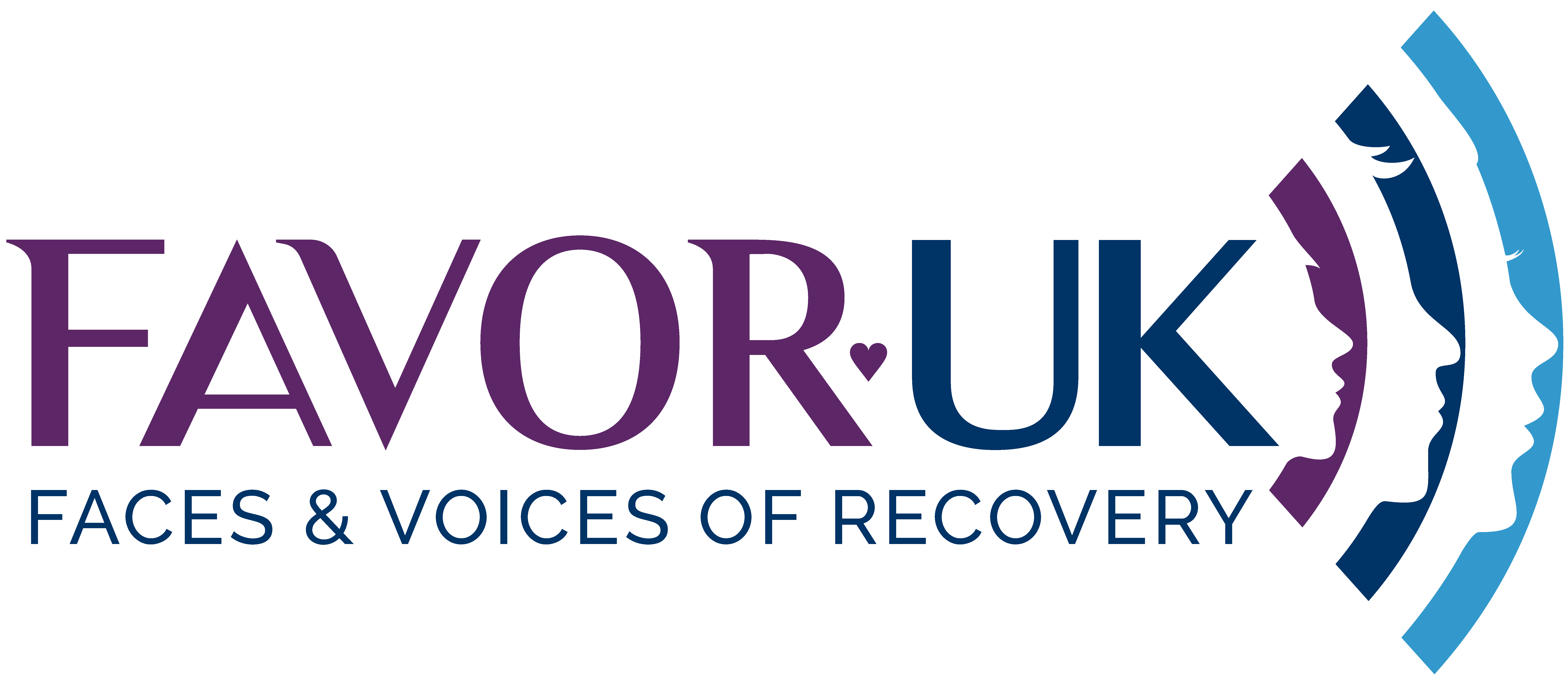We have often heard that those of us pushing for a legally challengeable right to access treatment, through our Right to Recovery Bill, should focus on the Equality Act 2010 instead, specifically the exclusion of those in addiction from the protection the Act would bring. (If the legal council we sought (the highest QC in land) & international human rights lawyers & experts had recommended this we would have pursued it – but they did not & for good reason).
To be clear the Act says that the statutory definition of ‘disability’ for the purposes of the Equality Act is as follows:
“a physical or mental impairment which has a substantial and long-term adverse effect on the individual’s ability to carry out normal day-to-day activities. ‘Long term’ for this purpose generally means the condition has lasted, or is likely to last, at least 12 months”.
But then of course goes on to state the following, taken from the ‘Disability Discrimination (Meaning of Disability) Regulations 1996’ in respect of whether addiction should be considered to be an impairment:
“addiction to alcohol, nicotine or any other substance is to be treated as not amounting to an impairment for the purposes of the Act…
We have been aware of this for some time and, since the drafting of the original “Drug and Alcohol Treatment Bill”, FAVOR UK has been in discussion with partners, and elected officials, in England to amend the non-devolved 2010 Act to be more inclusive to those caught in the cycles of addiction and the behaviours that go alongside it and of course to do so must be done with some caution – so as to ensure it has the desired effect.
…[the] above does not apply to addiction which was originally the result of administration of medically prescribed drugs or other medical treatment.”
But we want to be clear that it’s a misnomer that those seeking treatment are excluded from the Equality Act 2010, and so in some way that affects their right to access treatment so focus should be aimed there entirely, noting that these are two very separate things.
People’s experiences in accessing a public service, or offer, should not be reliant upon an Act that was brought in to consolidate and strengthen laws that protect people from discrimination and disadvantage. Not when the very healthcare system we have was a pioneering plan to make healthcare affordable and accessible to everyone, something that the Right to Recovery Bill endeavours to not only make available to those seeking treatment for addiction, but ensures that they have the legal right to be at the very centre of this treatment.
But, advising people that they have no rights as a disabled person under the 2010 Act is technically not quite true.
Whilst, yes, addiction is not an impairment in and of itself (according to the Act), it is very often connected or attributable to other impairments that are indeed covered within the Act. An example of this would be when someone has a physical or mental impairment that was caused by or was the result of an addiction. In the same context, and equally as common, the addiction could have been a side effect of an impairment from which the person is suffering, and to which they self-medicate, such as PTSD.
In both situations the person would be classed as disabled, the cause of the disability is not relevant, and so gain protection from the Act.
So it’s not just as simple as saying “addicts are excluded from the Equality Act and therefore have no protection” where someone is suffering from addiction, every effort should be made to ascertain whether there is an underlying medical condition, either caused by or the trigger for the addiction, which is a disability. But, through its caseworking FAVOR UK have seen challenges under the Equality Act 2010, primarily s149 PSED, ignored for people seeking treatment, people who do have additional impairment and protection under the 2010 Act.
Would amending it, with no other statutory challenge, really make a difference to those that need it – in the timeframe that they need it?
- Discrimination cases take time to pull together, often involving multiple professional opinions and diagnosis, taking many days of court hearings – something a process of judicial review under “Oor Bill” would look to address by creating a piece of legislation that would enable someone to challenge a decision, through the courts or through advisors, almost immediately and with limited fuss.
People seeking treatment don’t have time to wait months or weeks for answers, too many already die begging for their lives.
One thing to also mention about discrimination cases – they can end up costing those at fault a lot of money in compensation. “Oor Bill” just looks for decision makers to make the right decision, for them to give people the help they need – when they need it.
We do not know where the reluctance to truly develop a proper rights-based approach to both treatment and recovery comes from. Stating “those in addiction already have some rights”pays to just create more disenfranchise people further, especially when those who are seeking help do not see it coming.
It is time for real rights, a foundation to build good policies on.
FAVOR UK, and those who helped draft” Oor Bill”, will not apologise for listening and fighting for rights to be real to those that need them. “Oor Bill” is “Their Bill”. They/We deserve it.
To see out mythbusting document about the bill please click here

